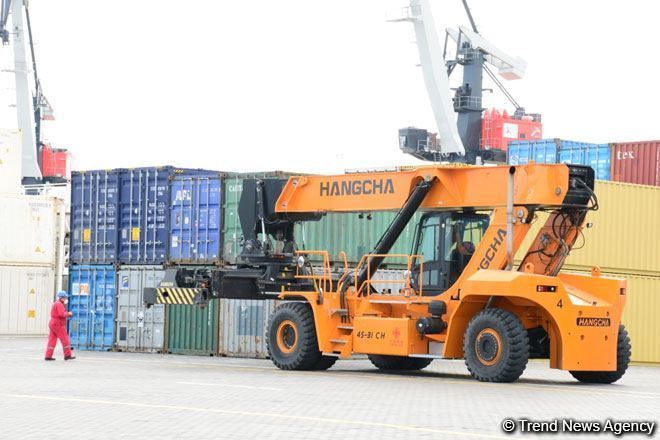TEHRAN, Iran, May.3
Trend:
Iran's foreign trade value in non-oil export and import has annually declined 3.9 percent in the past ten years, said the President of the Institute for Trade Studies and Research.
The country's non-oil export and import had an annual average decrease of 3.9 percent from $105.9 billion in 2011 to $73.9 billion in the last Iranian year (started March 20, 2020), said Marjan Faghih Nasiri, Trend reports citing ILNA.
She went on to say that there has been a contraction in foreign trade that did not have coherence with the country's targets and plans to increase foreign trade and economic growth.
"The decline in foreign trade had ups and downs during past decade especially by decline and increase of sanctions effect on the economy. For example, intense sanctions in 2011 have caused a sharp decline in export of chemical, petrochemical, and oil products and nuts while import limitation caused by foreign currency problems has reduced foreign trade prior to JCPOA in 2015 to $83.9 billion that was the lowest trade level compared to previous five years," she said.
Following the implementation of the Joint Comprehensive Plan of Action (JCPOA), the foreign trade increased and Iran's trade value had annual 10 percent growth and reached $101.5 billion in 2017.
Nasiri stressed that the US withdrawal from the deal in 2018 and intensifying limitations in transportation and money transfer caused reduce of country's foreign currency resources that effected import although in 2019 despite 7 percent decline of non-oil export the import increased by 1.2 percent.
"The Coronavirus outbreak in 2020 limited transportation that reduced country's trade that was more visible with some of its partners including Turkey, curbing the pandemic improved the trade on the final months of last Iranian year," she noted.
"The possible lifting of US sanctions would have a significant effect on trade and reducing risks and developing investment and stabilize markets and also create relatively stable conditions for exporters and predicted to improve import of basic materials for industries," Nasiri added.






